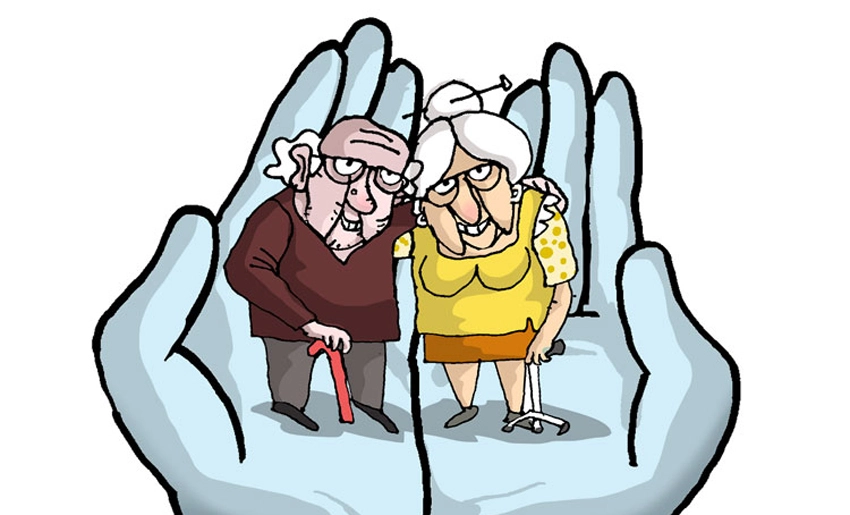
To raise the quality of life and the degree of satisfaction of the more than 200 thousand older adults currently in the province of Holguin constitutes a real challenge for the health system and the family in the midst of so many limitations and shortages.
The progressive aging reported in this territory is a demographic challenge that leads to greater efforts in the provision of specialized health services, assistance and social security and protection against any expression of discrimination and violence in all spheres of society.
The well-being of the elderly also requires healthy and balanced nutrition and the promotion of respect and harmony at home. Caring for an elderly person is a great responsibility that is now much more difficult due to the scarcity of resources to deal with proper nutrition or complex situations arising from the lack of medicines or the occurrence of falls, so frequent at this stage of life and that often have serious health consequences.
It is also necessary to respect their self-determination, guarantee the full exercise of their rights and further promote their integration and social participation; likewise, biosocial rehabilitation with the collaboration and participation of the community at all levels is vital.
Institutional information systems are also needed to provide knowledge and greater guidance on the proper management of the elderly, as well as better medical care at the primary health care level.
It is true that old age increases the likelihood of losing motor and cognitive capacity and suffering from chronic diseases, but aging fully and independently is a goal that should not be renounced.
It is necessary a better adaptation of the public environments to the needs of the elderly with mobility difficulties, and, as far as possible, new capacities in old people’s homes and grandparents’ homes, insufficient in view of the accelerated population aging in Holguín.
Social organizations and institutions should continue the search for alternatives and strategies that favor the welfare of this vulnerable age group, whose care requires time, resources and, especially, affection.
Geriatric care is therefore a priority in this province where more than 22 percent of the population is over 60 years of age.
- CDRs Facing the Challenges of Adaptation and Renewal - 29 de September de 2025
- Arboviruses in Holguin, a cross between environmental and social problems - 26 de September de 2025
- Summer: Hot Weather and Health Challenges - 28 de July de 2025
